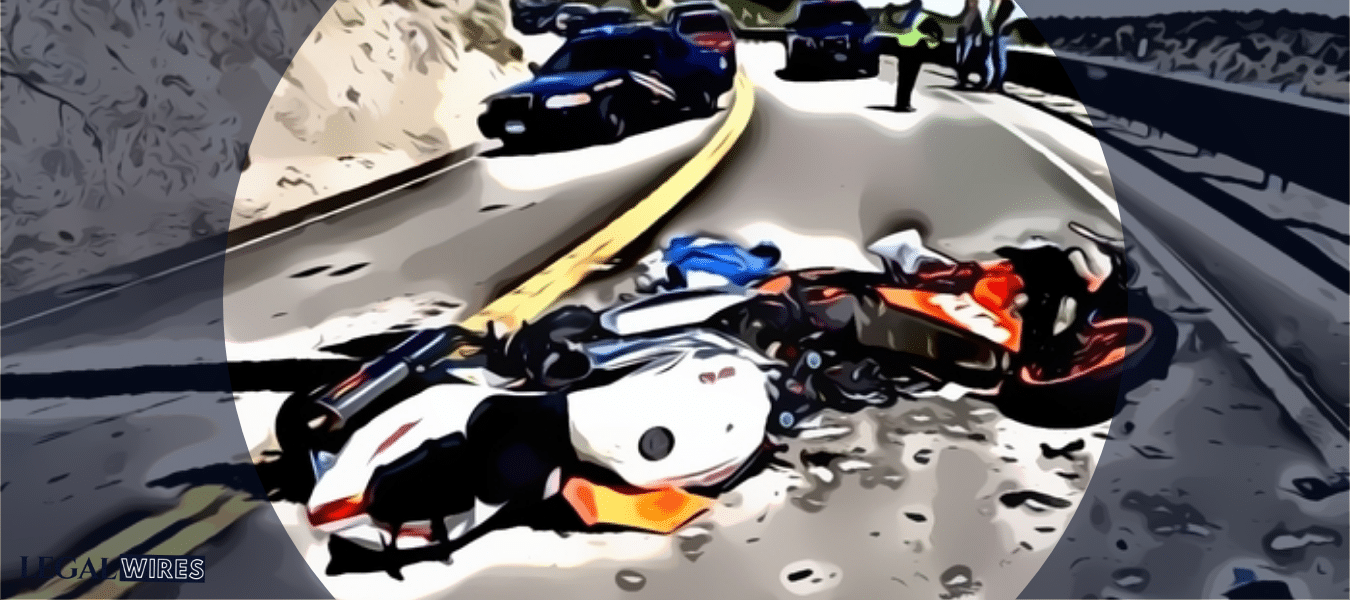The Supreme Court has observed that a motor accident claim

The Supreme Court has observed that a motor accident claim petition does not abate even after the death of the injured claimant.
The Bench comprising of Justice Navin Sinha and Justice R. Subhash Reddy opined that the right to sue, survive to his heirs and legal representatives in so far as the loss to the estate is concerned.
Further adding the loss of estate would include expenditure on medicines, treatment, diet, attendant, Doctor’s fee, etc. including income and future prospects which would have caused reasonable accretion to the estate but for the sudden expenditure which had to be met from and depleted the estate of the injured, subsequently deceased.
Oriental Insurance Company Limited vs Kahlon @ Jasmail Singh Kahlon (deceased)
In this case, the original claimant, who was severely injured in a motor vehicle accident on 2nd May 1999, filed a case of compensation under Section 166(1)(a) of the Motor Vehicles Act, 1988. The Motor Accidents Claims Tribunal awarded him a sum of Rs.1,00,000/ only with 9% interest. The claimant was not satisfied by the sum awarded, so an appeal was made in the High Court but unfortunately during the pendency of the appeal the claimant died. His death was not attributed to the injuries he suffered in the accident. The daughter of the claimant, who was an unmarried girl aged 21 years at the time when the accident happened, was substituted in the appeal. The High Court allowed the appeal and enhanced the amount of the compensation.
Later, the Insurance Company appealed before Supreme Court contending that since the cause of action was personal to the injured abates on his death, which was not caused due to the accident, the legal heir is entitled only to such compensation which forms part of the estate of the deceased. So, therefore the Loss of salary, future prospects, pain, and suffering along with attendant charges do not form part of the estate of the deceased.
The counsel for the Insurance company relied on two decisions made by Karnataka High Court, to support their contention. In Kanamma vs. Deputy General Manager and Uttam Kumar vs. Madhav and others. Whereas the claimant contended that only a claim for personal injuries will abate with the death of the deceased and the claims such as loss of income, medical expenses, etc. will survive as part of the loss to the estate.
The Bench noted that in Madhuben Maheshbhai Patel vs. Joseph Francis Mewan, the Gujarat High Court had held that even after the death of the injured claimant, claim petition does not abate and right to sue survive to his heirs and legal representatives and as to the loss of the estate is concerned, which would include personal expenses incurred on the treatment and other claims related to loss to the estate. The Bench added that similar views have been taken by the Punjab & Haryana High Court and the Madras High Court in Jyoti Ram vs. Chamanlal and Thailammai vs. A V Mallayya Pillai, respectively.
The court expressed its grief saying “The claim arising out of injuries caused in a motor accident that has reached its fruition more than 20 years later before this Court, we find extremely distressing. The original claimant and his wife, both did not survive the ordeal to see the fruits of the litigation which is now being pursued by their daughter.”
The Court noted that the compensation under the head pain and suffering being personal injuries is held to be unsustainable and is disallowed. The High Court has not awarded anything towards medical expenses despite hospitalization for six months being an admitted fact. Hence the court awarded a sum of Rs. 1,00,000/- towards the medical expenses and reassessed the total compensation amount that was awarded to the claimant by the High Court, From Rs. 37,81,234/- to Rs.28,42,175/-.





